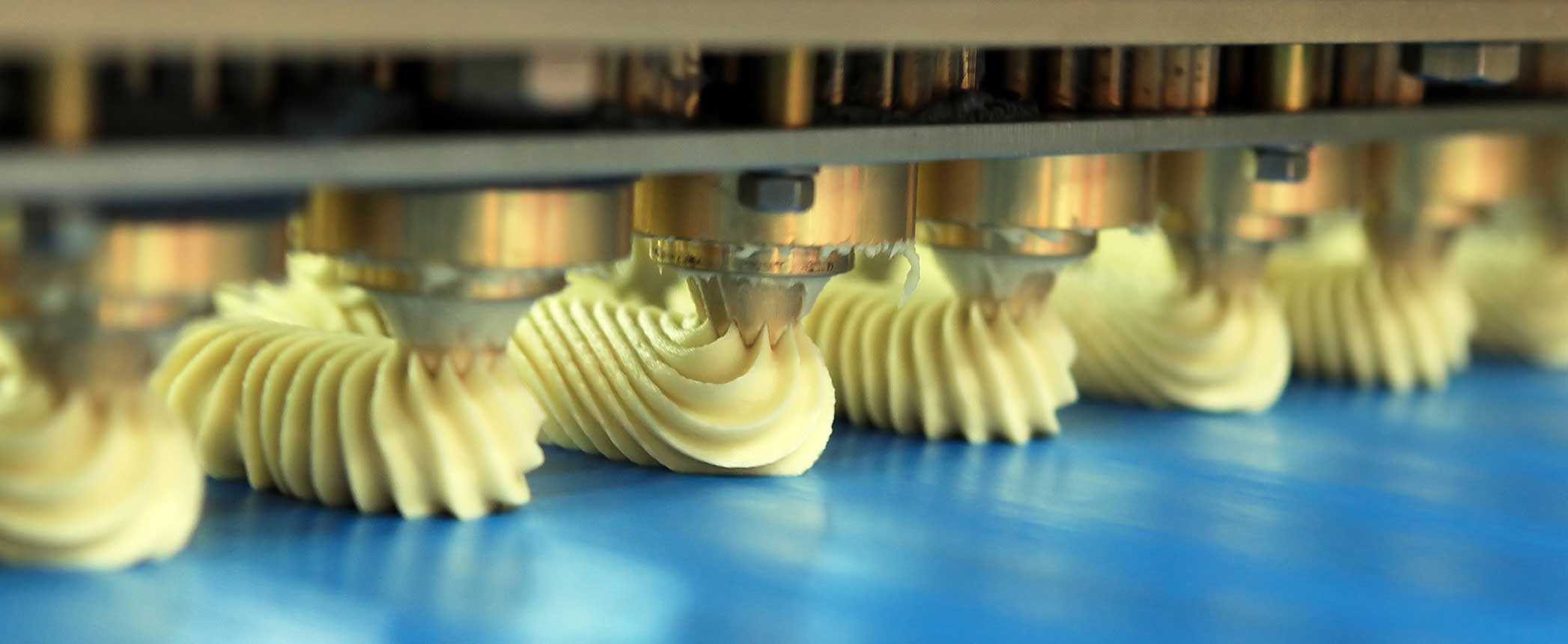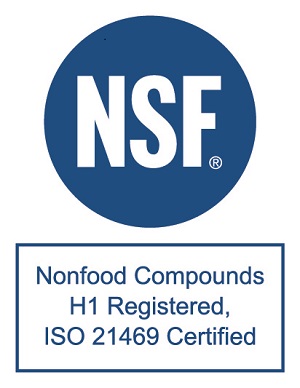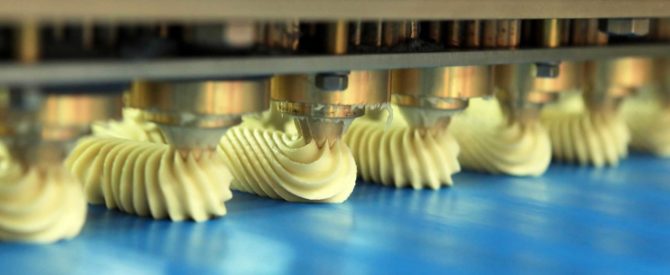
Food-grade lubricant manufacturers looking to distinguish their products in the marketplace may wish to consider adding ISO 21469 certification to their NSF H1 credential.
H1 registration with standards-setting body NSF International demonstrates that a lubricant is suitable for use in applications where incidental contact with food may occur. Companies submit the list of components for a registered product, and NSF verifies that the formulation fits criteria originally set out by the United States Food and Drug Administration. For example, H1 lubricants cannot contain substances that would pose a risk to human health, should food contamination occur.
Fifty-six percent of NSF registrations are for lubricants, Orsi Deszi, business unit manager for nonfood compounds and food contact material services with NSF, said during a webinar on April 28. The majority of those are H1 registrations.
ISO 21469, “Safety of machinery – Lubricants with incidental product contact – Hygiene requirements,” was published in 2005, and NSF’s certification program made its debut the following year. Interest in establishing an international standard grew from a small subset of European manufacturers, Deszi said.

“Manufacturers of lubricants inform us that the food manufacturers are mandating registered lubricants,” Deszi later told Lube Report. International food processors most commonly require the certification. Some countries, including Brazil and China, have written the certification into their national standards.
While NSF H1 and ISO 21649 both include a review of a product’s formulation and its label, only the latter includes an annual audit with product testing to ensure continued compliance, Eric Beaudin, NSF senior account manager, explained during the webinar. In addition, ISO 21649 extends from food processing applications to animal feed, cosmetics and pharmaceuticals. H1 is limited to the food industry.
While H1 registration is not required for the certification, ISO 9001 certification – a basic quality management standard – is a prerequisite. “ISO 9001 lays the foundation for 21649 by providing a uniform system of quality management requirements,” Beaudin said.
Acquiring ISO 21469 certification includes five steps, Beaudin continued: labeling review, formulation review, risk assessment, testing and a production facility audit.
If a product is H1 registered, NSF will use the formulation that is already on file as a starting point. Additional information required for the certification includes formulation tolerances as a percent by weight, an updated list of suppliers, private label information and updated packaging that meets labeling requirements for the certification.
Beaudin assured webinar attendees that all formulation information is kept confidential. Only the company name and product are visible to the public. For example, a private label product will appear as if it is manufactured separately.
A complete risk assessment includes phases related to manufacturing, handling and transport, and use and replenishment. ISO 9001 compliance will likely create a similar or even more extensive system than what is required for 21469, he noted.
Product testing includes Fourier-transform infrared analysis to verify samples against a reference and ensure consistency of batches over time. Passing criteria is greater than a 97 percent match. Randomly selected samples are requested annually, and every certified product must be tested at least once every four years.
The production facility audit sets the ISO 21469 certification program apart from registration programs, Beaudin noted. While the initial audit is planned, annual audits are unannounced.
The cost of the certification is dependent upon the number of manufacturing locations and the number of products being certified, Deszi stated.
InS Services, which had also maintained a registration program for food grade lubricants, was acquired by NSF last year.

A food processing machine forms cookies. Food manufacturers are increasingly mandating registered lubricants.